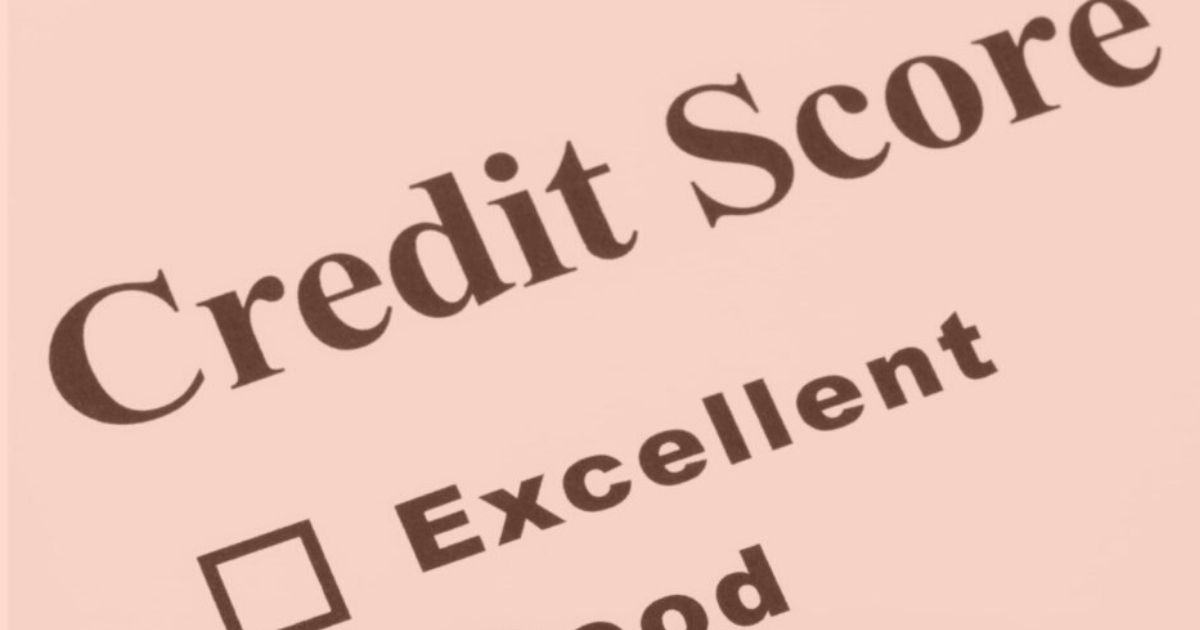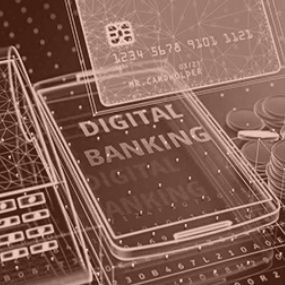
All about credit score in the Philippines

Everyone who has ever taken a loan from a bank has heard of a credit score. But what is it and what is the essence of this rating? After all, it’s known that the higher the score is, the better your chances to get a cash loan on favorable terms are. But that is far from all you need to know about it.
Table of Contents All about credit score in the Philippines
What is a credit score?
It is a three-digit number that determines how responsibly the client fulfills the obligations to the bank. For the borrower, this is an indicator of the payer's reliability. A credit rating is determined on a scale from 300 to 850, and the higher this assessment is, the more confidence the client provokes. To determine the score, financial institutions need to rely on credit rating, credit report and credit history. Let's look at each concept in more detail.
- Credit rating is an indicator of customer reliability, which is digitally measured by the mentioned scores. The rating is calculated based on the credit history and socio-demographic data of the country.
- Credit report – a summary of the last activity of a person, namely, the latest loans, solvency. It’s some kind of a short dossier on the client’s credit history.
- Credit history is all the information about the client’s activities regarding loans, something like your "credit karma". It stores data on client’s payments, delays, closed loans, new credit lines, etc. Accordingly, if there have been a lot of problems with payments in history, it affects the credit rating negatively and, of course, decreases the score.
However, this is not all the features that credit scoring defines. For example, you can have an excellent credit history, an ideal credit rating, and still get a decline when requesting a new loan. Why? The reason may lie in additional factors.
Credit Rating Factors
The credit rating is determined based on several factors that, one way or another, affect the solvency of the client:
- Employment
- Income
- Age
- Work experience
- Availability of insurance
- Type of employment
- Bank accounts, deposits, credit cards
- Credit history
- Relatives and their loans
- And even loans of your staff
Let's look at a couple of examples of how these factors influence your rating and decisions of the bank.
Example 1. A client with a high credit score and a stable income applied for a car loan. But the bank rejects his application, for the reason that the client’s parents have already taken a loan for the purchase of farming equipment. So, the bank considered that an additional loan would be too heavy a burden on the family.
Example 2. A client works for a reliable company and wants to take a loan for home repairs. But the application was rejected because several employees of the client’s company have a loan and several delayed payments. The bank could consider that the company does not pay salaries on time and because of this, this certain client is considered unreliable.
Example 3. A client wants to get a loan of 30,000 PHP. No, the bank does not refuse the application but lowers the loan amount to 15,000 PHP. The reason may be that the credit score allows taking a loan, but for a smaller amount, or the client already has a credit card with a large buy limit.
Who manages credit ratings in the Philippines
Sometimes a credit rating and a credit score are identified, but this is not entirely correct.
Today, there is only one entity authorized to collect and provide credit information, following the laws of the Philippines. Credit Information Corporation, known as CIC, is a single registry that stores customer credit history from:
- banks
- financial organizations
- insurance companies
- cooperatives
- telecommunication companies
All this information is generated in credit reports, which creditors can access.
This year, CIC presented the largest and most competitive base of credit histories in the country. The corporation has 9 153 536 credit data of individuals and 80 278 of corporations and companies.
Four organizations in the country can provide a credit report and score for financial organizations, according to CIC: CIBI Information.Inc, TransUnion Philippines, CRIF Philippines, Compuscan Philippines.
Even though the Philippines has a huge large credit registry, centralized indicators on a scale do not exist today. Banks rely only on credit reports and data from these four agencies.
The importance of credit rating
A credit rating is necessary not only to banks and financial institutions. An individual or company should also check the status of its rating regularly. This can provide awareness of the current status of the credit rating.
So, if you took a loan in one organization and paid it off on time, then when applying for a loan in another financial organization, your integrity in the previous bank will be taken into account, and you will receive approval for a new loan.
But a credit rating not only determines the likelihood of a loan being refused or approved, but also the conditions for obtaining it. After all, a high rating provides more opportunities.
In general, the situation with credit services is quite positive. As of last year, the Philippines was considered as one of the most favorable countries for receiving financial services in the world. And over this year, the number of microloans has increased by 37%.
However, banks still have to reinsure that they are protecting themselves from financial risks and the loss of money allocated for loans.
Low credit score: how to fix it
So, with a high rating, everything is clear: more features, loyal fees, profitable contributions and so on. But not every credit cardholder or the debtor has a high credit score. And according to FICO scores rang, only 1% of customers have an ideal credit score. The American FICO is one of the most widely used credit scoring models, which is used in at least 19 countries. But in our case, we are trying to introduce a credit scoring model for Trans Union, particularly in India, Thailand and, yes, the Philippines. According to TransUnion, credit history and payment information affect your credit score by almost half, namely 40%.
You can either lower or raise the level of credit rating. Such actions can increase your point.
Stabilize your payout schedule
If timely payments are one of the main factors in a credit rating, then start by making payments on your loans on time, without delay. This applies not only to custom loans, but also to car loans, mortgages, telephone bills, and so on. You can also use auto-repay options, calendar reminders, to exclude the possibility that you will forget the payment date.
Don’t rush to close credit cards
Entrepreneurial debtors use credit cards as additional chances to increase credit score. Any credit card is tied to a specific bank account, and if it does not have a negative balance, this will have a good effect on your credit history. However, pay attention: we are only talking about cards that do not cost you much to maintain.
Refrain from new loans
Too much credit burden will significantly lower your rating and alert borrowers in the future. Also, you run the risk of accumulating debts and getting an impossible task to pay them. This will lead to a deterioration in financial affairs, huge overpayments, and a headache for a long time. If you need money, but you are in no good condition to take a loan, try to find additional income, sell something, ask for a job promotion or find a job with a better salary – there are many alternative options.
Check your credit rating regularly
The fact is that not only loans or underpayments can lead to downgrades. The human factor, inaccurate information, erroneous data – all this can hit your score. In world practice, there have even been cases where the data of borrowers with the same name were switched.
Therefore, awareness of your credit rating will help to quickly resolve misunderstandings and problems.
If you have a credit card, increase your limit
This may seem somewhat absurd, but credit cards work somewhat differently, compared to consumer loans. For example, you have a card with a limit of 20,000 PHP, and from there you spend, say 5,000 PHP. If you increase the limit to 30,000 PHP, then these 5,000 PHP will have another percentage and this will make things look like you’ve spent a lot less from this card.
Fixing of bad credit score is not a piece of cake. Data on late payments can be stored for several years. But this is not a reason to despair, because if you gradually restore your credit rating and improve your situation, you will improve your knowledge in this area and learn how to manage finances. Then in time, you will not only easily get a profitable loan for business or other needs, but also easily repay it.
Final word
A credit score is a total assessment of the responsibility and solvency of a client as a loan payer. This score is based on credit history and credit rating, which depends on social factors and data on the client’s labor activity. And of course, one of the main factors is the client’s credit history, i.e. all the data on how he took and paid off debts.
In the Philippines, there is no single scoring scale, but there is a single CIC registry that stores the most comprehensive database of loans to individuals and companies. Four more credit bureaus operate on accreditation of this registry, which provides information and credit reports to partner banks.
The decision to issue or reject a loan is made based on the credit score and the credit rating. A low score means a low probability of issuing a loan, while a high score provides more opportunities to get profitable financing. However, even if you have a low credit score, you can increase it by making payments on time and regularly checking your rating. In any case, the more responsibly you fulfill your obligations as a borrower, the more financial services you can asses.









